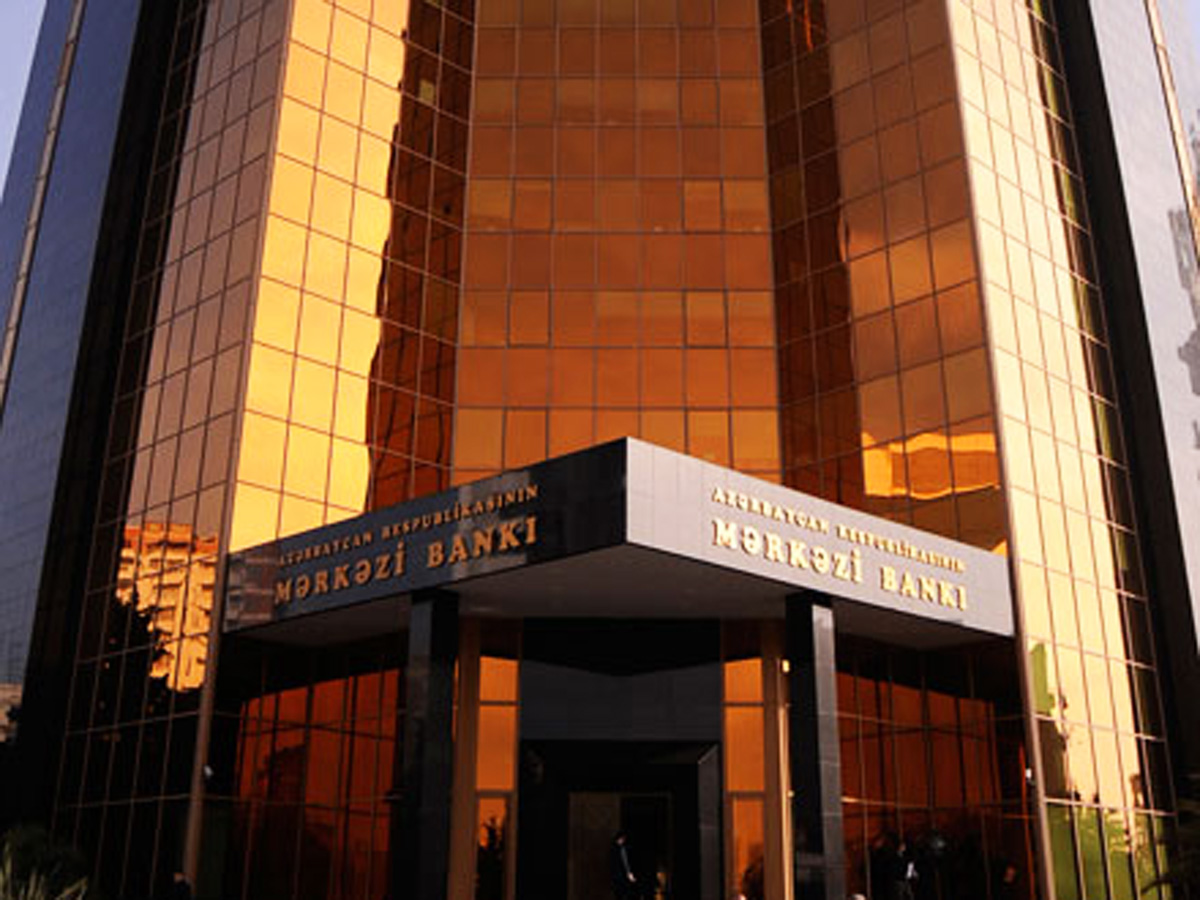BAKU, Azerbaijan, May 1
By Eldar Janashvili - Trend:
The Board of the Central Bank of Azerbaijan (CBA) has decided to leave the interest rate unchanged at 7.25 percent, Trend reports on May 1 referring to the CBA.
At the same time, the upper limit of the interest rate corridor is reduced from nine percent to eight percent to ensure high liquidity of banks and stimulate lending, while the lower limit remained at 6.75 percent.
This decision was made amid significant changes in the global environment and the uncertainty that has arisen under its influence since the recent meeting of the CBA Board of Directors dedicated to the monetary policy.
Due to the adverse impact of the coronavirus pandemic on the world economy, as well as breaking of the OPEC + agreement among the main oil exporters in early March, oil prices decreased up to the level which was observed more than two years ago.
As a result of the coordinated activity of the Azerbaijani government and the CBA in the conditions of external shocks, balance is ensured in the foreign exchange market. Significant changes have not occurred since the beginning of the year. The annual inflation has remained below the center of the target range of 2-4 percent at around 3.3 percent.
The CBA holds a balanced position between price and financial stability and support for the economic activity and employment.
The economic and financial potential created in the country recently is high enough to optimize the set goals.
The CBA will expand its portfolio to sterilize excess money supply and, if necessary, will fully cover the need for banking system liquidity by using the tools available in its arsenal.
In this situation, the CBA daily monitors the ongoing processes in the world and in the country's economy and constantly conducts analysis to assess the extent of the impact of external shocks on the country's economy.
The abovementioned decision came into force on May 1, 2020.
---
Follow the author on Twitter: @eldarjanashvili






